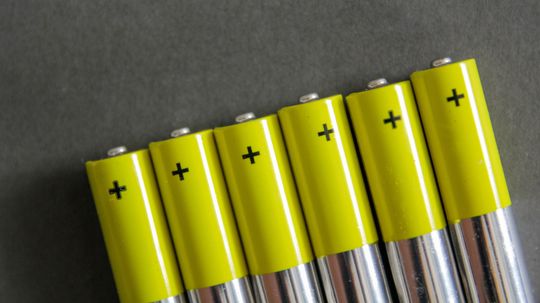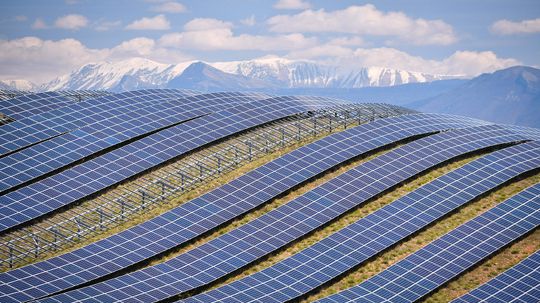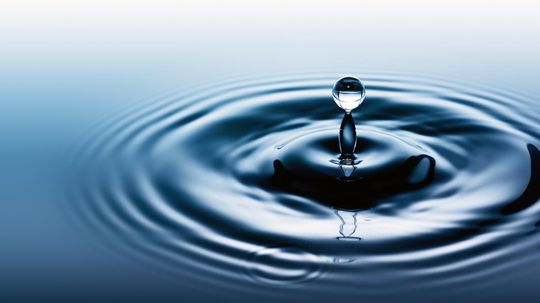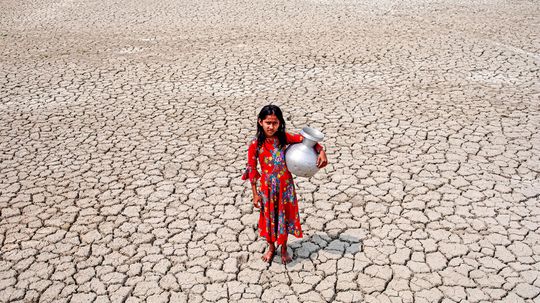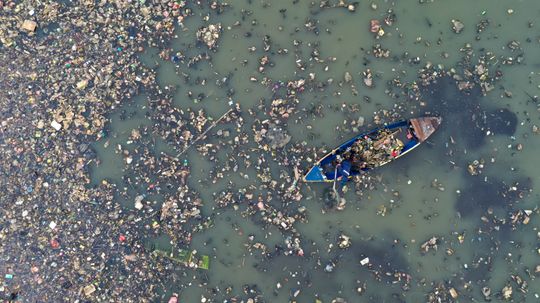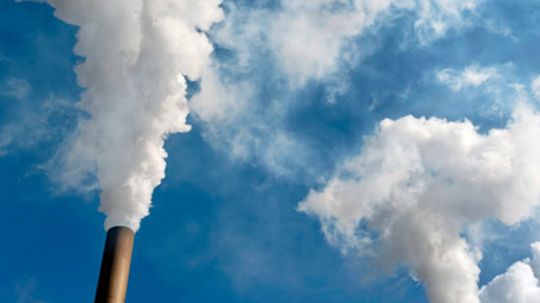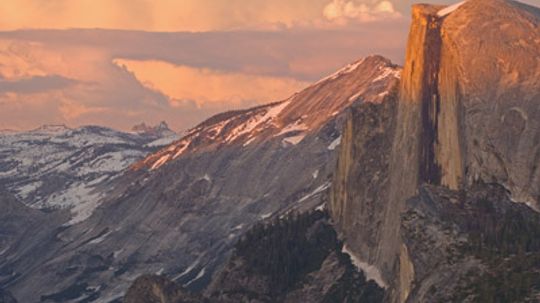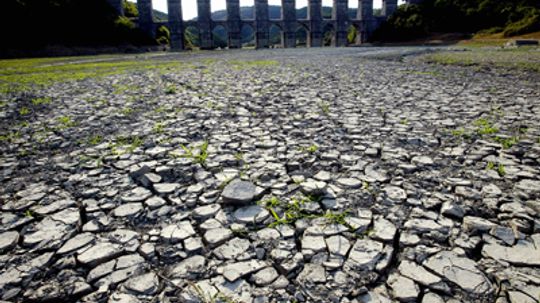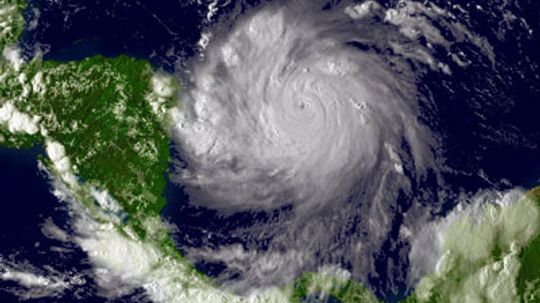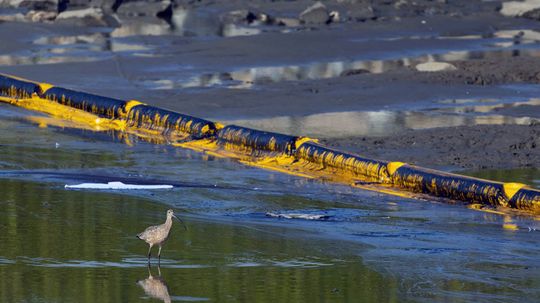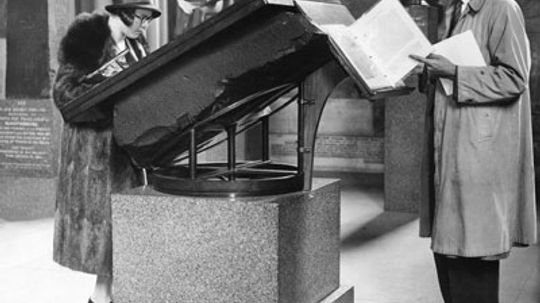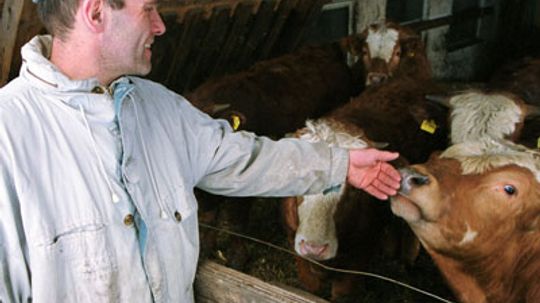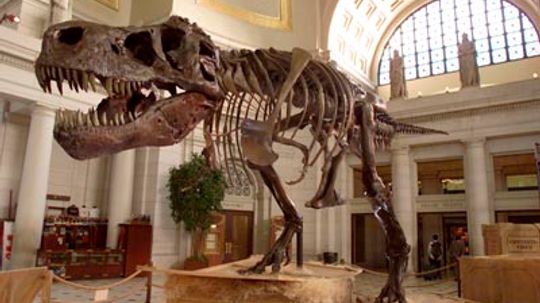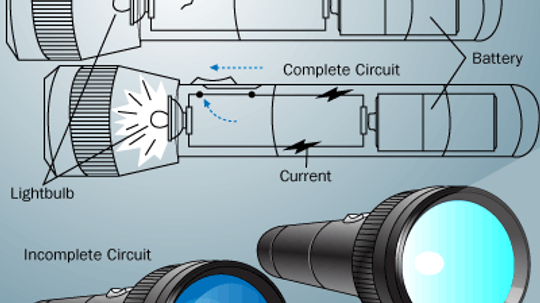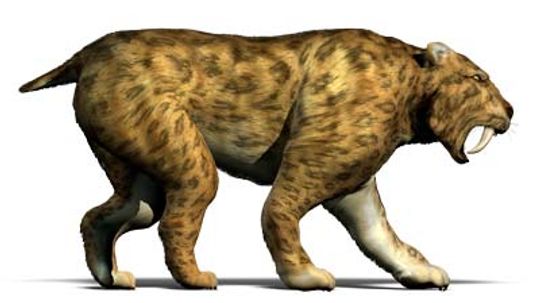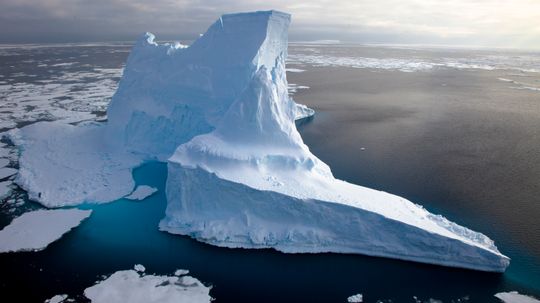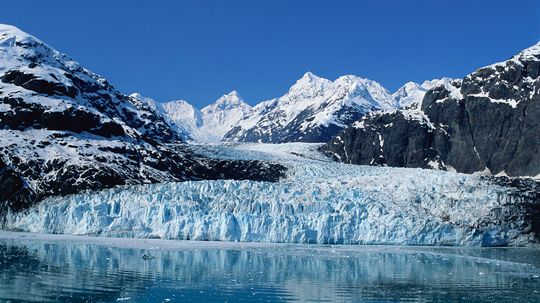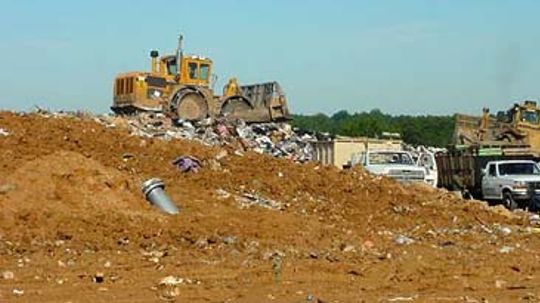Environmental Science
The environment is truly a thing of beauty and should be protected whenever possible. What can we do to save the environment, and what new technology is available to help us?

The Fish Doorbell Isn't a Joke ... Seriously
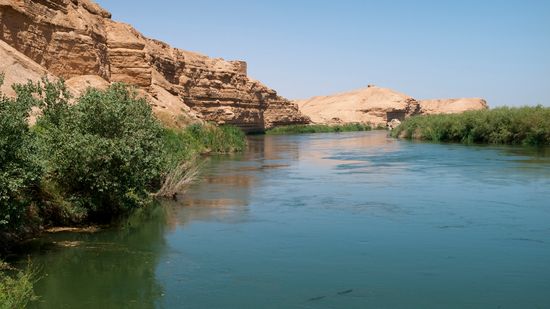
The Euphrates River, at the 'Cradle of Civilization,' Is Drying Up
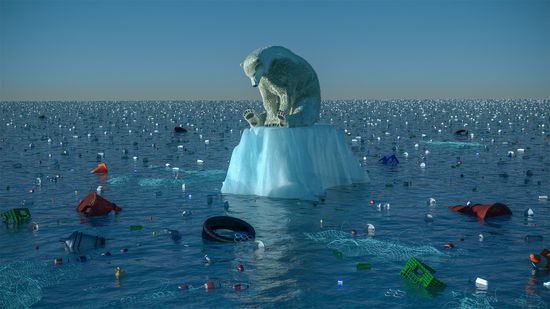
Study Says 2035 Is Climate Change Point of No Return
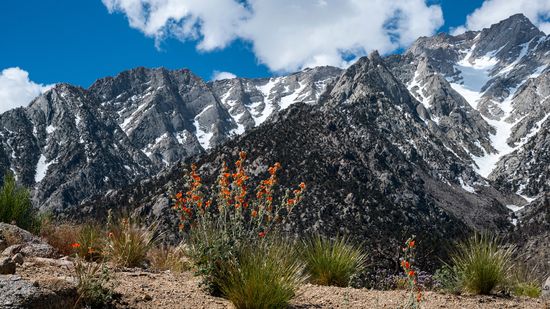
What State Has the Most Mountains in the U.S.? 8 Peak Records
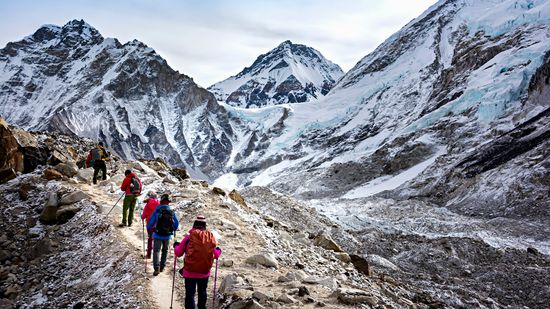
The Most Dangerous Mountain to Climb (and 14 Giving Steep Competition)
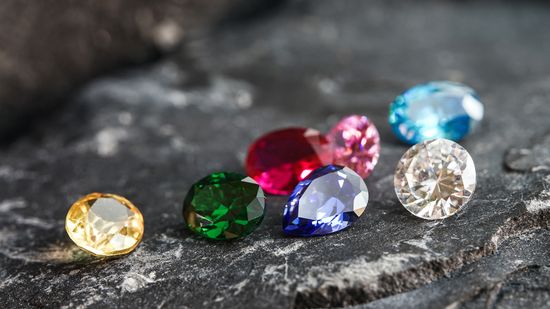
15 Types of Gemstones to Add a Little Sparkle to Your Life
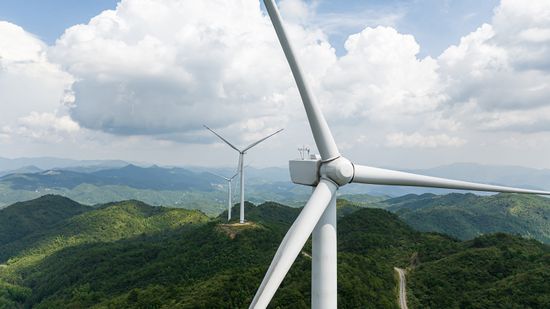
How Many Birds Are Killed by Wind Turbines, Really?

How a Lithium Mine Works and Impacts Local Communities
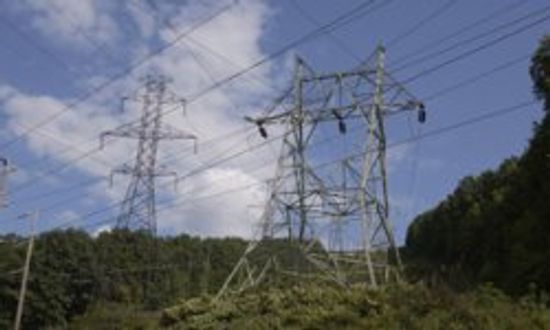
How to Sell Electricity Back to the Grid
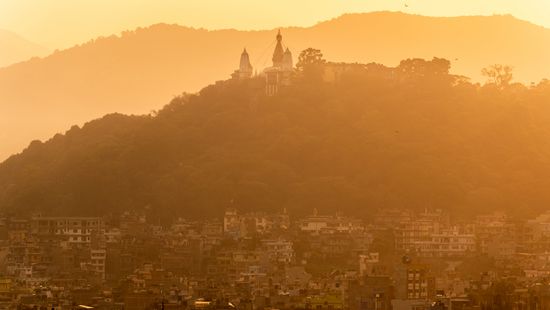
The Worst Air Quality in the World Is in Mountainous Terrain

The World Hits 8 Billion People; Is That Good or Bad?
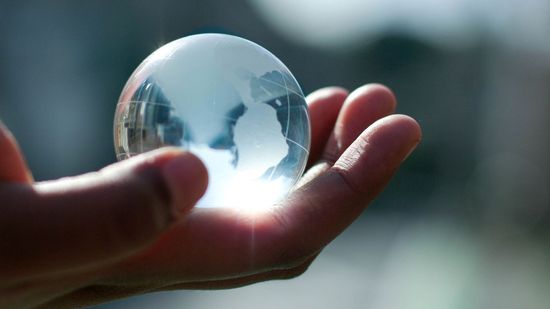
Quiz: Can You Tell Climate Change Fact From Fiction?
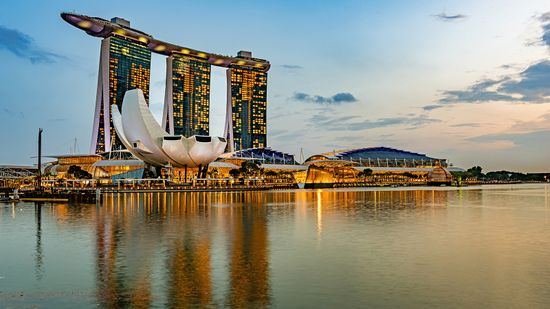
6 Most Futuristic Cities Powered by Renewable Energy
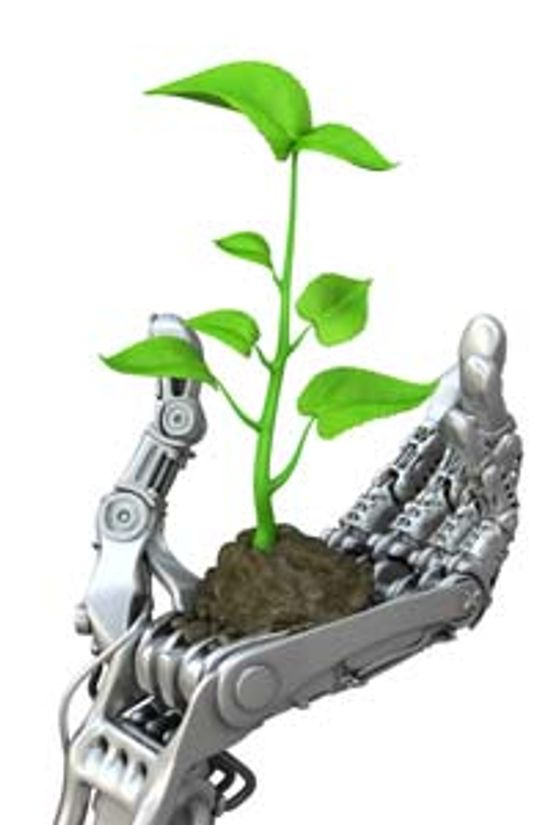
Top 5 Green Robots
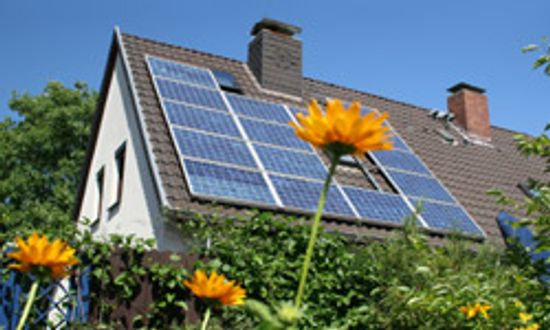
5 Things to Consider When Building a Solar-powered Home
Learn More / Page 12
One way to store energy is to use a battery, but what other ways can we store energy? Learn about different ways to store energy at HowStuffWorks.
By Yara Simón
Let's say you have a nice fire going, and it's reduced down to a pit of hot "glowing embers." If you now toss a piece of wood, or even a sheet of paper, onto this fire, you see a huge puff of smoke as it heats up.
An oscilloscope measures the voltage and frequency of an electric signal. A machine uses "sweeps" and and an input signal. See how it all comes together.
Advertisement
You've probably seen solar panels on satellites, call boxes, road signs, homes and businesses. But how do solar panels work?
By Scott Aldous & Talon Homer
In its purest form, it's odorless, nearly colorless and tasteless. It's in your body, the food you eat and the beverages you drink. All forms of life need it. What substance is more necessary to our existence than any other? Water.
Water is just hydrogen and oxygen, so why can't we do what nature does and combine the two? Unfortunately, it's not that simple, and the results can be rather ... explosive.
The Great Pacific Garbage Patch is the world's largest landfill, and it can be found in the middle of the Pacific. Millions of pounds of trash collect here.
Advertisement
How do we reduce greenhouse gas emissions? A carbon tax is one answer. A simpler alternative to cap-and-trade schemes, a carbon tax encourages energy efficiency and reduced consumption.
By Sarah Dowdey
The Sierra Club lobbies for environmental preservation and engages members in fun wilderness excursions.
By Sarah Dowdey
On a planet that is 70 percent water, people don't have enough clean, safe water to drink. We're in a water crisis, and water rights are becoming a big issue. What happens if we just plain run out?
By Josh Clark
The sea scorpion may have been the largest bug to ever live on the Earth, according to a recent find. Learn more about the giant sea scorpion.
By Josh Clark
Advertisement
It's evident the debate over climate change is a heated one. Are skeptics clouding the public judgment for money? Are climate-change believers merely alarmists who risk the present for the future?
By Josh Clark
Crews have to race to contain the damage from major oil spills to prevent damage to beaches, death to marine life and birds, and devastation to local wetlands. So how do they clean them up?
By Josh Clark & Sarah Gleim
Are dinosaurs real? Most people don't have to travel too far to answer that question in the affirmative with some kind of exhibit displaying dinosaur fossils. Or simply look at any bird you can see outside your home.
Hieroglyphics used to be a language that no one -- Egyptian or otherwise -- could decipher. With the help of the Rosetta Stone, that all changed.
Advertisement
Consumers are becoming more and more knowledgeable about food safety and their health. As a result, organic farming has entered the agriculture mainstream. But what methods must be used, and how is organic farming certified?
The 1993 movie "Jurassic Park" did a good job of bringing the idea of cloning dinosaurs into popular culture. It portrayed dinosaur cloning in a way that made sense to a lot of people, but is it really possible?
Every time a new fossil is found, one of the first things scientists determine is how old that fossil really is. But how do they determine it, and how can they be completely accurate?
Have you ever wondered what happens when you flip a switch to turn something on? You're completing an electric circuit, allowing a current, or flow of electrons, through the wires.
Advertisement
Saber-tooth cats have long been likened to tigers, but they aren't tigers at all. While they share some physical traits and hunting practices with tigers, saber-tooth cats are also quite different.
One iceberg sank the unsinkable Titanic, and another exploded in front of an expedition. These floating chunks of ice carry their bulk deceptively below the surface of the water. What else are they hiding?
Archaeology is the study of humanity's material remains -- even a piece of an ancient pot can tell us a lot about the past. But how do archaeologists make sense of these relics?
By Sarah Dowdey
Glaciers are rivers of ice and are the largest moving objects on Earth. Learn about glaciers and find out how much freshwater are frozen in glaciers.
Advertisement
Right now, landfills are all over the place. Yet, no one wants to live near one. So, what if we combined all of those landfills into one? How much space would it take up?
Fossils tell a story, much like the clues at the scene of a crime. Researchers look for evidence and paleontologists study that evidence to answer questions about the past.
